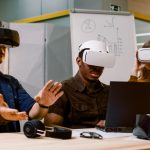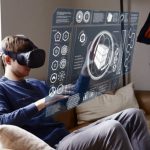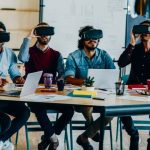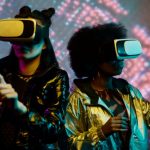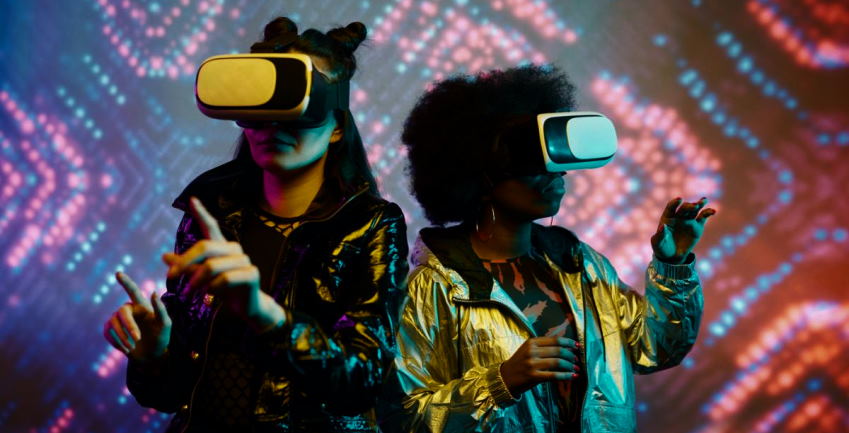Ways Virtual Reality is Changing Entertainment Market
It was only a matter of time until virtual reality (VR) started to impact the entertainment market. VR has been around for quite some time, but it is only recently that the technology has become advanced and affordable enough for the average person to use. This means that businesses in the entertainment industry are now starting to experiment with VR to engage their customers. Here are just a few examples of how VR changes how people experience entertainment.
VR could transform entertainment forever
Virtual reality has been around for a while now, but it’s only recently that the technology has become more affordable and accessible to consumers. This means that we’re starting to see VR being used in more and more ways, including in the entertainment industry. Here are some of the ways that VR is changing the entertainment landscape:
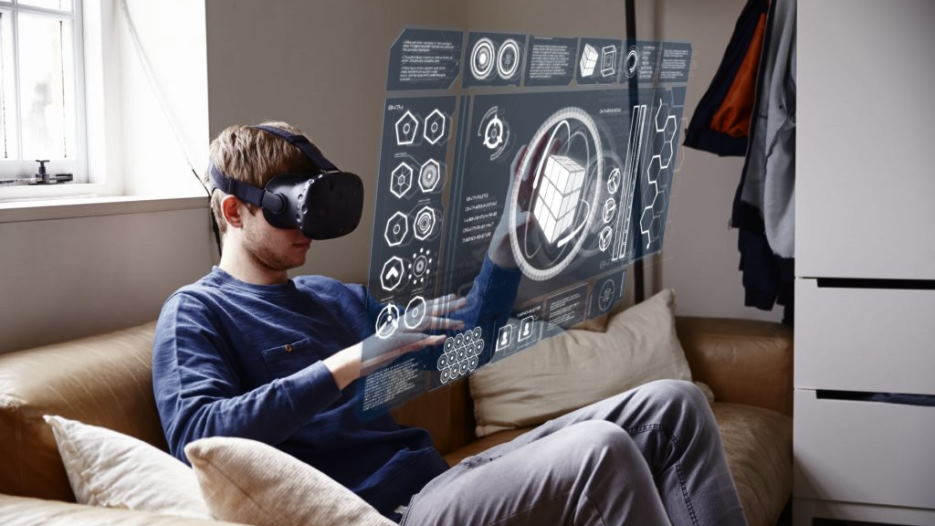
- VR is providing a new way for people to consume content. Whether it’s movies, video games, or even just regular old TV shows, VR allows users to immerse themselves in action like never before. This is especially true for gaming, where VR can provide an incredibly realistic and exciting experience.
- VR is also changing the way that content is created. With VR cameras and other tools, filmmakers and game developers can now create realistic and interactive worlds. This means that we will see some truly amazing content in the years to come.
- VR is also having an impact on how people interact with each other. For example, social VR platforms like Oculus Rift give people a new way to connect with friends and family, no matter where they are in the world. We’re also seeing VR being used for business meetings and conferences, which can be a more efficient way to connect with people than traditional methods.
There’s no doubt that VR is changing the entertainment landscape in a big way. It will be interesting to see how things evolve as technology develops.
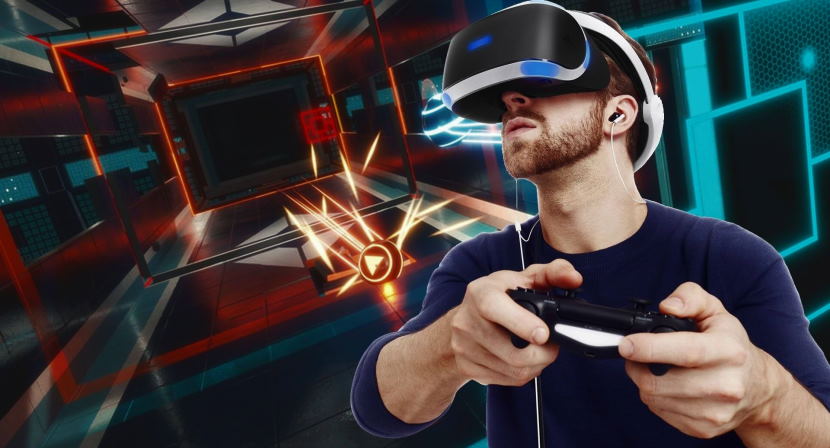
How the use of AR/VR in the entertainment sector
AR and VR are no longer just for gaming and are being adopted by the entertainment sector. This is due to the increasing accessibility of AR/VR technology, which has made it more affordable and user-friendly. As a result, we are seeing a rise in the use of AR/VR in movies, TV shows, and live events.
One example of this is the use of AR in movies. We are starting to see more movies that use augmented reality, such as “Avengers: Infinity War” and ” Ready Player One.” These movies give us a glimpse into how AR can be used to enhance the cinematic experience.
Similarly, TV shows are also beginning to experiment with AR. The most notable example is the hit show “Black Mirror,” which features an episode entirely in virtual reality. This episode showcases how AR can be used to create a completely immersive experience for the viewer.
Finally, we also see the use of AR/VR in live events. Concerts and sporting events are starting to use augmented reality to enhance the spectator experience. For example, at Coachella this year, attendees could use an app that showed them real-time information about the performers on stage. This allowed them to feel more connected to the event and enhanced their overall experience.
